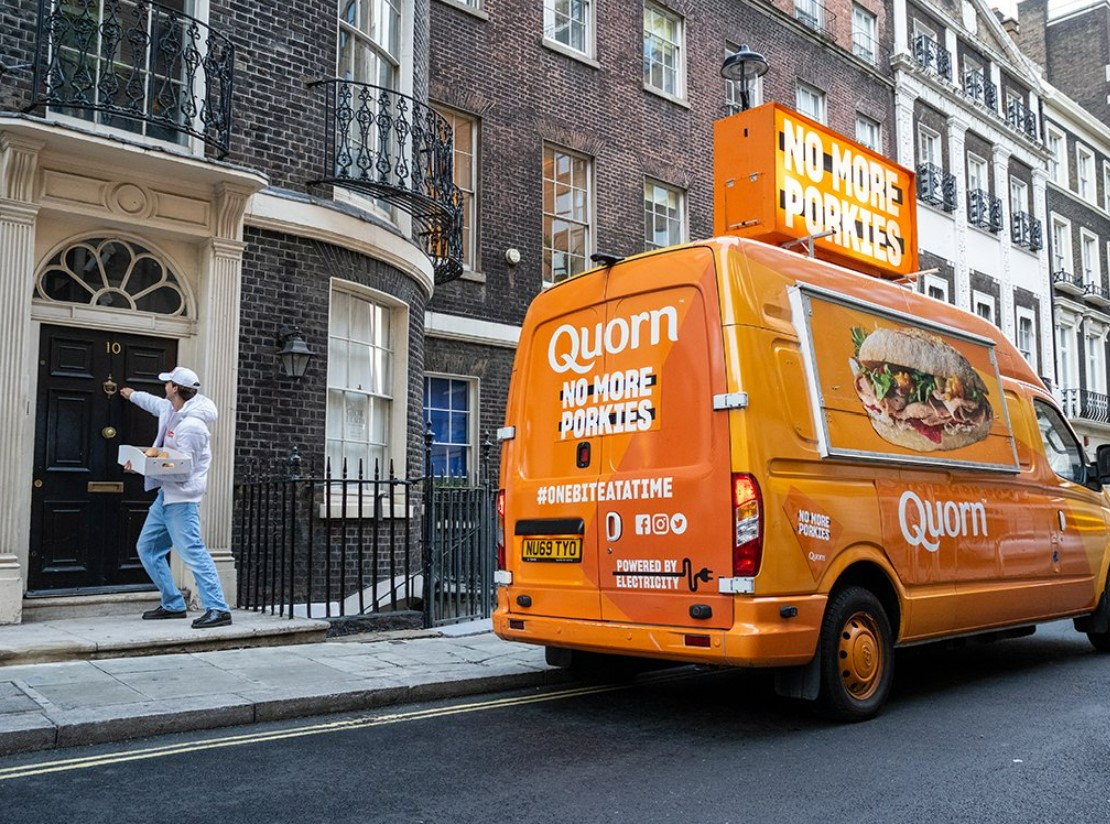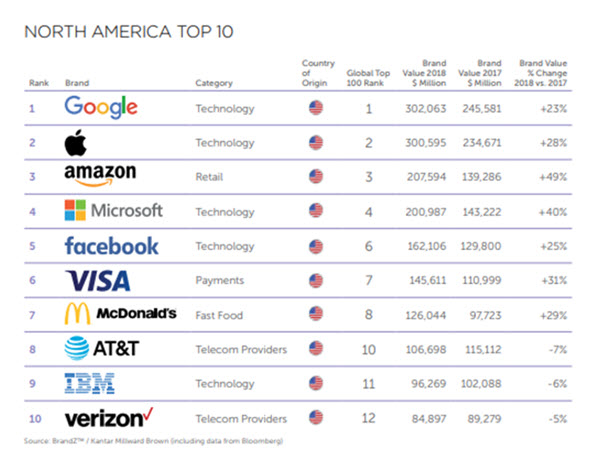
Julius is a platform for influencer marketing that helps companies find the best social media personalities to represent their brand. The company's unique capabilities include content creation, campaign management, and benchmarking of marketing methods.
Influencer marketing is a fast-growing area of online marketing, predicted to reach $16.4 billion in 2022. However, the industry is full of risks and pitfalls. It is vital to find a company offering comprehensive data analytics, a user-friendly interface and a variety campaign management tools.
Julius combines influencer marketing expertise with sophisticated data analytics to help organizations find the ideal social media personalities. Julius has offices throughout the United States, including New York City, London, New York and Krakow. Julius allows companies to search for the top influencers and monitor their performance. They can also engage with their audience by using Julius.
Influencer marketing is an incredibly powerful medium, and can be used to introduce a brand to a global audience. For example, Julius can help you discover an influencer who is a digital superstar with interests in surfing and craft beer. You can also use it to search for influencers based in a certain area or demographic.

Julius is the most prominent influencer-marketing platform. Julius has attracted top talent, global brands and influencers. Julius also offers powerful campaign management tools as well as white-label reporting capabilities. Julius is the right tool for you, whether you are looking to launch a micro-campaign campaign or a large scale campaign.
Unlike many other influencer marketing platforms, Julius is able to give its users access to a plethora of data. The tools include a curated feed that covers industry news and a section for branded reports. There is also a content hub with podcasts, case studies, and other useful information.
Julius' search engines are very easy to use. These search tools don't require any knowledge of data analysis or high-level programming. By filtering by interests, location, DMA and social media platform, users can do a variety of searches including those mentioned above. A shortlist is generated of influencers and can be easily shared with others.
Julius' automatic post detection feature allows users to track influencer posts in real-time. Additionally, there is a feature that alerts you if a post is submitted for approval and is later found to have broken a regulation. Another feature is the ability to export data into other systems, such as email and CRM.
Julius has a dashboard consisting of a curated feed of industry information and a social media feed. Although Julius isn't known for its extensive analytics, it does have the ability to provide nuanced metrics regarding influencers as well as their marketing activities. This is especially helpful in determining which strategies work well.

Julius also offers a variety of notable features such as white-label reporting capabilities and an automated Compliance tool. Julius offers a comprehensive resource that is more powerful than any search engine you could make for influencers.
Julius' team has created a list of 50 top ways to find the right influencers in order to help you plan your next campaign.
FAQ
What is an advertiser buyer?
An advertiser buys advertising space on TV, radio, print media, etc.
Advertisers are paid for the time that their message will appear.
They don't necessarily look for the best advertisement, but instead seek out the most effective way to reach their target market.
An advertiser might have information specific to their potential customers such as age and gender, marital status or occupation, hobbies, interests, income, etc.
These data can be used to help advertisers decide the most effective medium. For example, they might decide that direct mail would be more effective with older audiences.
Advertisers also take into account the competition. Advertisers might place their ads near similar businesses if they see them.
Advertisers should also consider how much money they have available and how long it takes to use it.
What is an ad campaign?
Advertising campaigns are a series or advertisements that promote a product. It can also refer entirely to the production of such ads.
The Latin word "to sell" gave rise to the term "ad". Marcus Terentius Varro (116–27 BC), was the first to make it a verb, meaning "to make sale".
Advertising campaigns are usually done by large companies and agencies. Advertising campaigns can involve many media types, such as television, radio, print, and the internet.
Advertising campaigns usually last several months, and they have specific goals. For instance, some campaigns aim to generate awareness while others focus on increasing sales.
What information do you need about internet advertising
Internet advertising is an important part of any business strategy today. It allows companies to reach potential customers at low costs. However, there are many different types of internet advertising available. Some advertising is free and others are paid.
There are many ways to advertise online, including pop-up ads and banner ads. Each method offers its own advantages and disadvantages.
What are the basics of print advertising?
Print advertising can be a powerful medium for communicating with customers. Print advertising is used by many companies to promote their products and services. The key objective is to capture the attention of the consumer.
Print ads are typically short (1 page) and usually include text, photos, logos, or other graphics. Print ads can also contain sound, animation, videos, and hyperlinks.
These are the main types of print ads:
1. Brochures - Large format printed brochures are used to draw people in to stores. Brochures often feature eye-catching designs and colorful photos.
2. Catalogues: These are smaller versions or brochures. They are typically sent to customers who have requested information on specific items.
3. Flyers – These are small pieces made of paper that are distributed at events, such as fairs or concerts. If they are given out at retail outlets, they can be obtained for free, but you must pay for them.
4. Flyers are also available in posters. These flyers can be displayed on buildings, fences and walls. They are created by computer software programs in order to grab passersby's eyes.
5. Direct mail - These are letters or postcards that are sent directly to potential customers. These cards are sent by companies periodically to remind their customers about their company.
6. Newspaper Ads - These advertisements are found in newspapers and magazines. They are usually very long and contain text and images.
What is advertising?
Advertising is an artistic art form. Advertising isn't just about selling products. It's about building emotional connections between brands and people.
Advertising is about storytelling and using images to communicate ideas.
You have to make sure you are communicating clearly and persuasively. You must tell a story that is relatable to your target market.
Advertising is therefore different from other forms such as presentations, writing, and public speaking.
When you create a winning ad campaign, it is creating your brand identity.
This is how memorable you can be. You become someone who people want to remember.
Why use social media for advertising your business?
Social Media Marketing, or SMM, allows you access customers directly on social networks, such as Facebook, Twitter LinkedIn YouTube YouTube Google+. You can also target specific audiences within these networks by using keywords.
Because this advertising method costs less online than traditional methods, it's more cost-effective. You can also build strong relationships and trust with your clients, both current and prospective.
It is simple to get started using social media for your business promotion. All you need is a computer or smartphone and access to the Internet.
How much does it cost for social media advertising?
You should be aware that social media advertising costs money. Based on the time spent on each platform, you will be charged monthly.
Facebook - $0.10 per 1000 impressions
Twitter: $0.20 per 1,000 impressions (if your tweet is on Twitter)
Linkedin - $0.30 for 1,000 impressions if your send out invitations
Instagram - $0.50 for 1,000 impressions
Snapchat – $0.60 per 1,000 impressions ($0.40 for each user)
YouTube - $0.25 per 1,000 views
Tumblr $0.15 for 1,000 impressions text posts
Pinterest - $0.05 per 1,000 impressions per month
Google + $0.15-$0.20 Per 1 Million Impressions
Tumblr – $0.15 - $0.20 per 100,000 impressions
Vimeo - $0.20-$0.25 per 10,000 impressions
Soundcloud - $0.20 to $0.0.25 per 1 Million Plays
StumbleUpon - $0.20 -$0.25 per 1 billion pageviews
Digg – $0.20 - 0.25 per 1000 diggs
Reddit – $0.20-$0.25 Per 1000 Comments
Wordpress $0.20-$0.25 per 500 Comments
Flickr - $0.20 -- $0.25 per 5,000 photo uploads
Statistics
- It's 100% reliant on your website traffic. (quicksprout.com)
- Nonetheless, advertising spending as a share of GDP was slightly lower – about 2.4 percent. (en.wikipedia.org)
- Advertising spending as a share of GDP was about 2.9 percent. (en.wikipedia.org)
- Worldwide spending on advertising in 2015 amounted to an estimated US$529.43 billion. (en.wikipedia.org)
External Links
How To
How can I advertise through Google?
AdWords, Google's advertising platform, allows businesses to buy ads based upon keywords they wish to target. Setting up your account is the first thing. Set the budget, select the campaign name, and then add keywords. Then you bid on those keywords. Clicking on an ad will pay you only if it is clicked by someone who searched using one of your targeted keywords. This way, you get paid even when people don't buy anything.
Google has many tools to help you ensure your ads work. These include Ads Preferences Manager, Keyword Planner, Analytics, and Ads Preferences Manager. These allow you to see what works best for your business.
Keyword planners help you choose the keywords that will be used in your campaigns. It also shows you how much competition there is for certain keywords, helping you decide whether or not to spend money bidding on them.
Ads Preferences Manager allows you to modify settings like the maximum number impressions per day, and the minimum cost of each click.
Analytics allows you monitor and compare the performance to your ads against other companies. Reports can be viewed that compare your ads to others.